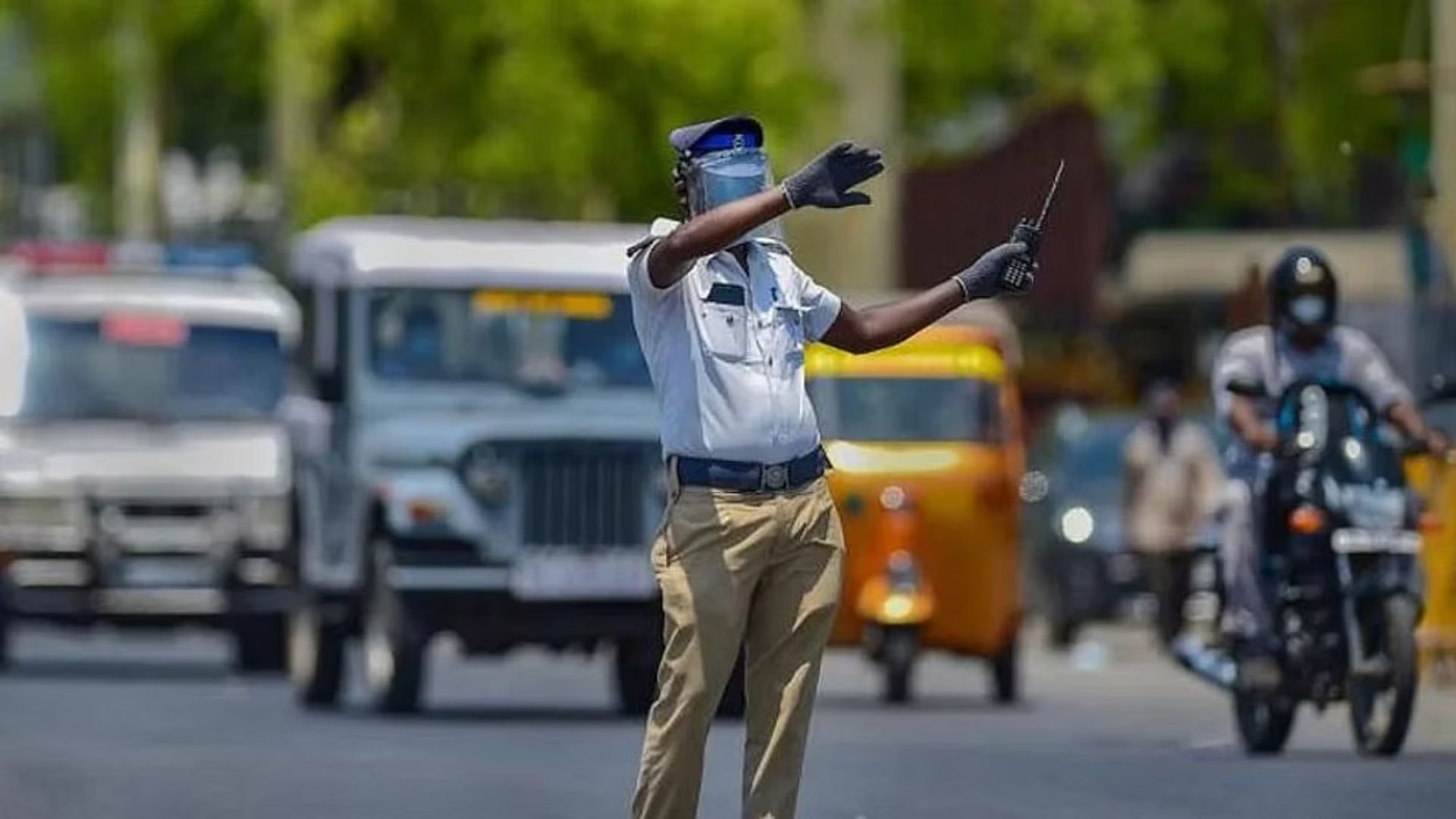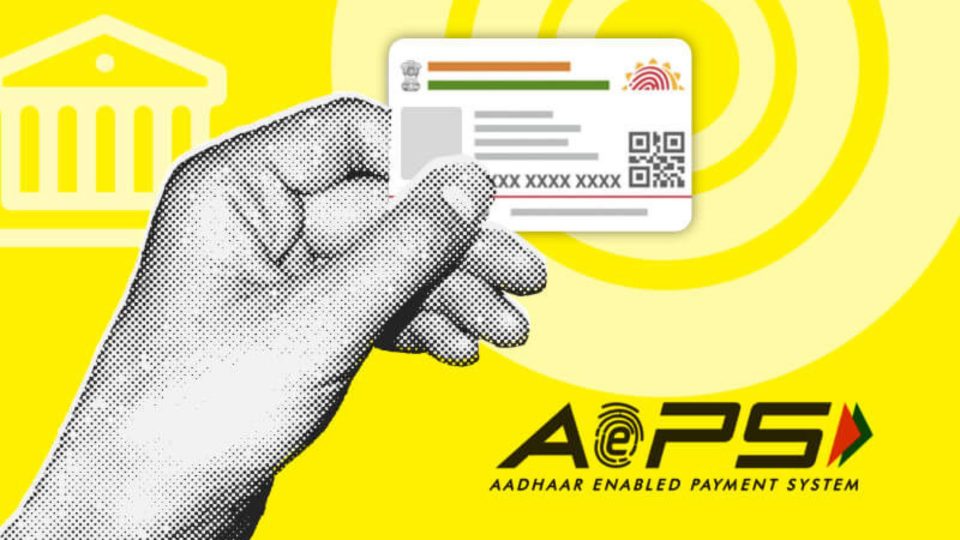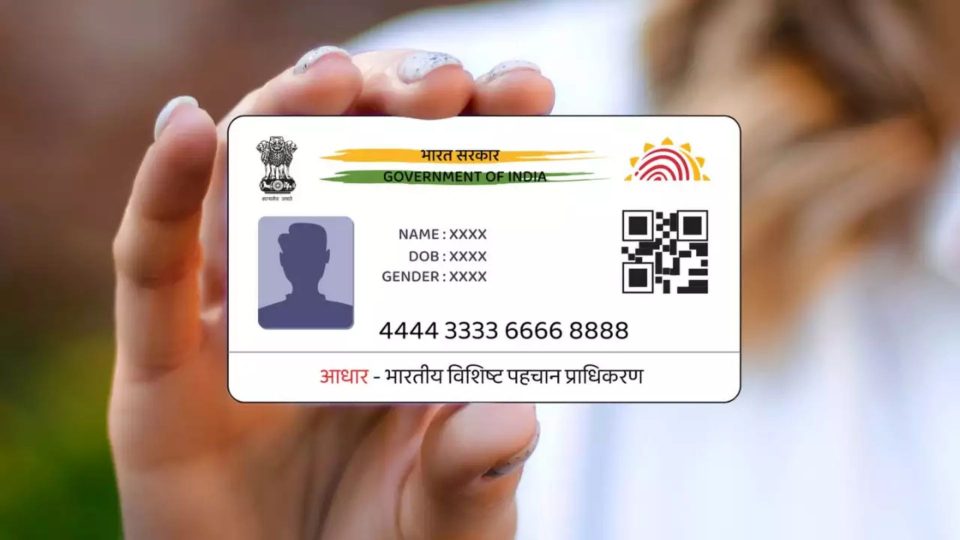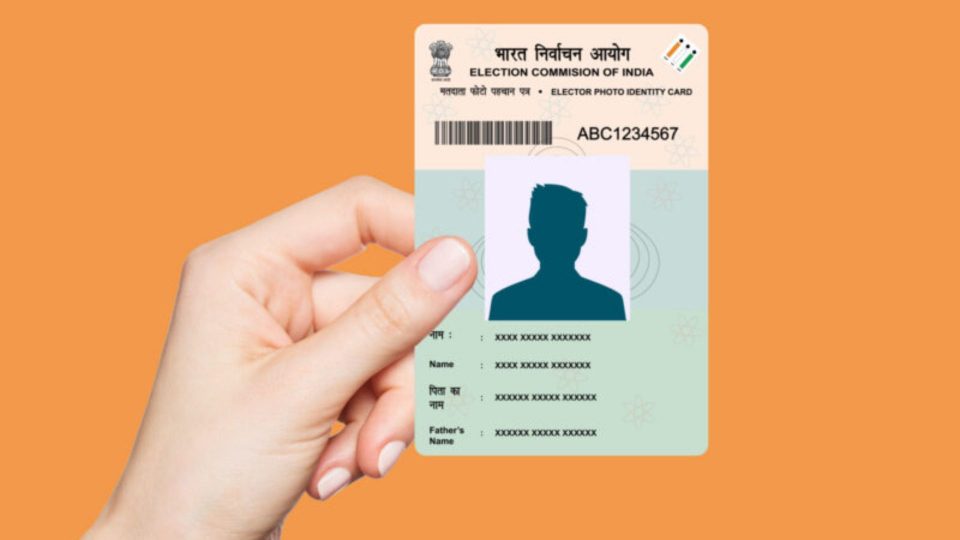The One Nation, One Challan policy is now being implemented, the Gujarat government recently informed the High Court at a public interest lawsuit hearing seeking the establishment of virtual traffic courts in the state.
The One Nation, One Challan program was launched by the Ministry of Road Transport and Highways to bring together all essential authorities, such as traffic police and the Regional Transport Office (RTO), on a uniform platform for smooth challan collection and data transmission. The integrated system detects traffic offenses via the CCTV network and obtains the erring vehicle’s registration number using apps such as VAHAN and SARATHI. Following that, an e-challan is created with the appropriate penalty amount and emailed to the vehicle’s registered cellphone number.
Since January 16, the program has been operating in three commissioner regions in Gujarat: Ahmedabad, Rajkot, and Surat, with implementation in Vadodara now underway. The state informed the Gujarat High Court that the government’s maintenance contract with L&T for the CCTV network in Vadodara is being renewed.
How will the system of ‘One Nation, One Challan’ integrate?
According to Ahmedabad City Police’s DCP Traffic Safin Hasan, “Until this point, if we had to penalize someone from a different state using the CCTV network, we were unable to obtain details of the car ownership since the database was not integrated”
“If someone coming from Chhattisgarh is captured violating traffic regulations on CCTV, the vehicle’s registration number and its related data can be accessed by the Ahmedabad police, and the challan will be sent directly to the mobile number mentioned at the time of the vehicle’s registration,” Hasan said, referring to the integration of all the states RTO and traffic police data with the support of National Informatics Centre (NIC) servers.
E-challans are now transferred through SMS to mobile phones or by mail if a phone number is not provided. Nevertheless, the NIC is currently planning to issue its own application for this.”
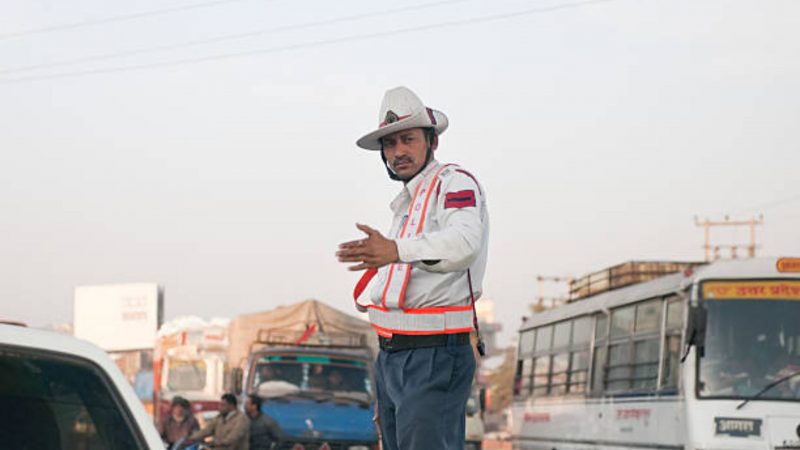
How virtual traffic court works?
Virtual traffic courts are intended to do away with the necessity for litigants to appear in court in person. If a challan sum is not paid within 90 days, it is immediately submitted to a virtual court and proceedings begin. Warrants are issued to the offender’s cell phone, and if the fine is not paid, legal action will be taken.
The goal of virtual courts is to eliminate the need for litigants to appear in court. An accused can look up their case on the website of the virtual court. The case will be marked as disposed of after the fine is successfully paid.
For the time being, one court is being designated as a virtual court for the whole state of Gujarat – court number 16 of Ahmedabad city sessions court, which will deal only with ‘One Nation, One Challan’ matters. Hasan believes that more jurisdictional courts would be created gradually.
According to a plea filed by the Gujarat High Court, approximately 49 lakh e-challans were issued in Surat alone from April 2013 to August 2020, totaling a fine of Rs 136 crore out of which Rs 122 crore is yet to be collected.
